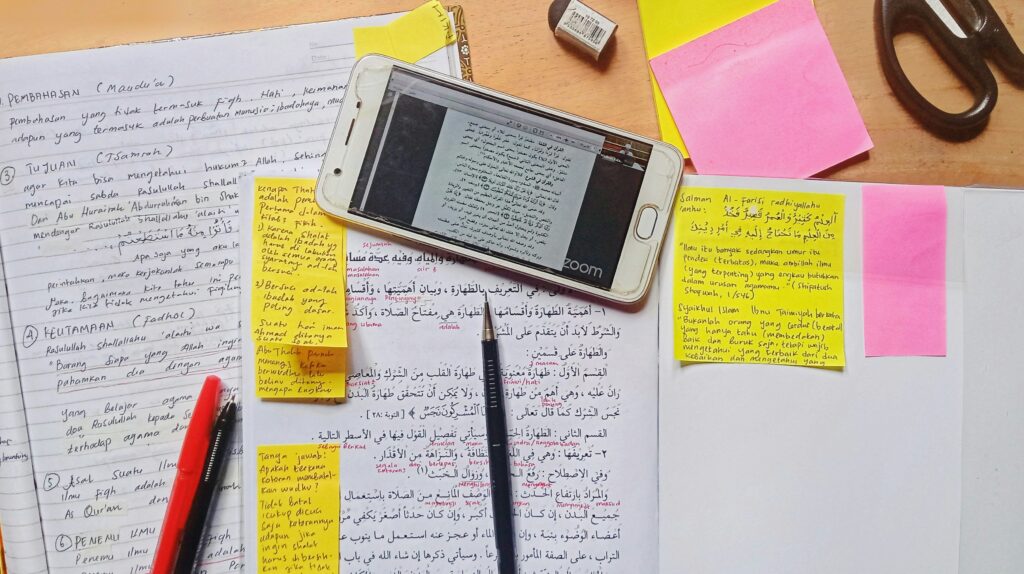AI and emerging technologies are reshaping education by fostering personalized learning, enhancing accessibility, and automating administrative tasks. Tools like adaptive learning platforms and predictive analytics enable tailored instruction and early identification of struggling students, improving engagement and efficiency. However, widespread adoption faces challenges such as high costs, insufficient infrastructure, and limited teacher training. Ethical concerns, including data privacy, academic integrity and bias, necessitate robust guidelines to ensure transparency and fairness. Looking ahead, innovations like AR/VR and blockchain promise immersive, secure, and inclusive learning environments, revolutionizing education over the next decade.
Natasha Berg has shared her experience and the concern of how AI like ChatGPT might benefit students, and why such an approach should not be prohibited in schools in her TEDx talk titled Should We Let Students Use ChatGPT?. In Berg’s opinion, the same can be said about blocking such tools – the students’ curiosity gets piqued, and they use the opportunities of the technology on their own. Instead, she raises the issue of how one should properly and effectively engage students with AI. Chat GPT and other AI tools can help in improving learning since such applications promotes creativity, effective thinking and participation among the learners. For instance, the students can write an imaginary history and discuss with a historical character virtually, or develop ai group project ideas. In return Education improves from AI time is saved on activities such as lesson planning, and content conversion for students with disabilities. Berg also points that the main issue concerns the transformation of educational practices. Instead of being standardized in the traditional way, every activator should be created supporting notions like teamwork, problem-solving, and application. This averts a situation where the students will perceive AI as a way of learning, or acquiring the knowledge, instead of a complement to learning. If AI technology is to be incorporated fully into the classroom, the teachers need to consider some of the issues such as privacy and fairness of the algorithm, apart from ensuring that the students understand the benefit, the discretion, and the intent of using AI in learning. The implementation of AI brings out the aspect of education through a technological based system, which would be practical as students join the workplaces with advanced technologies in practice.





